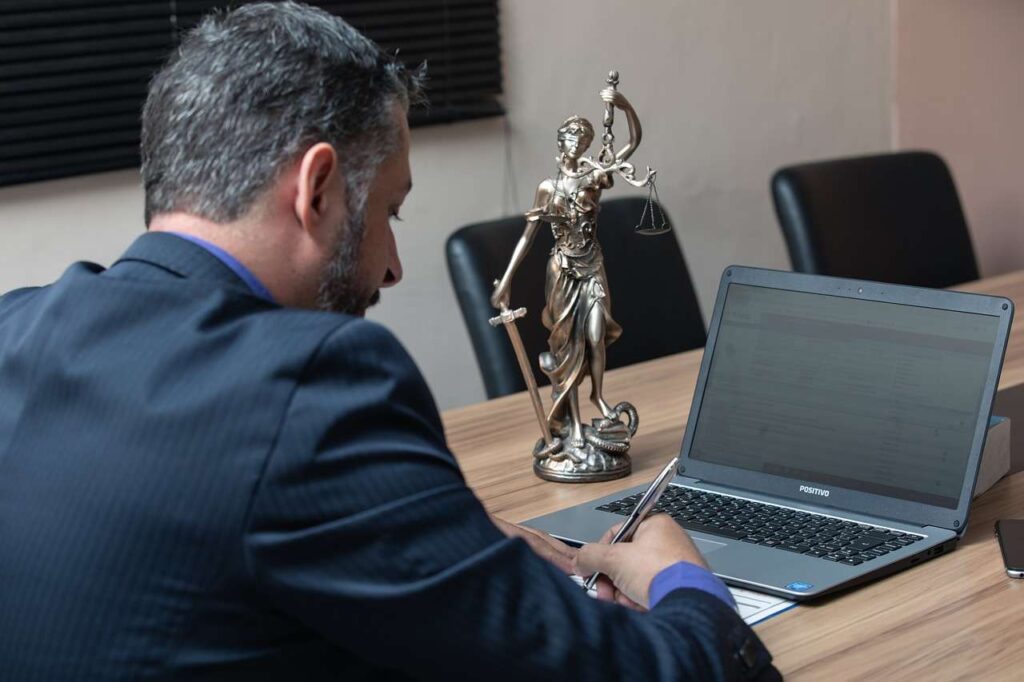
PR EDA : 572-335-4994

Your knowledge of an opposing attorney’s misconduct, but you don’t know where or how to report it is troubling, as reporting such allegations would disrupt any ongoing litigation that the situation involves.
Report attorney misconduct if it raises serious doubt about their honesty, trustworthiness or fitness for practice – which is usually considered very high standard.
Most states’ legal governing bodies also investigate public complaints against lawyers. Unfortunately, this process can be lengthy and will likely displease your attorney; furthermore, in most instances they won’t represent you during its investigation; yet this may be your only way to resolve an issue.
As part of the complaint resolution process, staff counsel will first review your allegation to assess if further investigation should occur. If transferred to a grievance committee for consideration, an impartial panel will decide if your claims have any credible basis in fact.
Decision-makers must carefully weigh each situation when making this determination, which must be decided case-by-case. Attorneys are required to report only serious misconduct that raises substantial doubt about an attorney’s honesty, trustworthiness or fitness for practicing law – this includes defalcations of escrow funds, criminal activity or failure to timely communicate with clients among other things. According to New York Bar rules these instances include escrow defalcations schemes, criminal activity or failure to timely communicate with clients among others.
A disciplinary board investigates an initial complaint to ascertain whether there has been any misconduct. An investigator may request records, interview witnesses or subpoena an attorney’s files; if their investigation reveals no professional misconduct then the disciplinary agency will close their case.
Depending on the outcome of an investigation, if it confirms that, for instance, a lawyer mishandled client matters improperly, then the committee may issue either a private admonition to said attorney or suggest public discipline action by the Supreme Court.
Rule 8.3 requires attorneys to report serious misconduct; however, minor violations or any act that discloses confidential information need not be reported as it does not meet the threshold for reporting. This requirement has been carefully tailored so attorneys may always dispute its validity; should one be upheld, then they must respond in writing within seven days.
Bar associations play a vital role in serving the public interest, connecting lawyers to pro bono opportunities; offering legal education programs; tracking trends; reporting them and advocating for change within legal systems; as well as overseeing attorney disciplinary matters.
As part of their grievance investigation, bar associations often send attorneys letters as part of the grievance investigation process to explain what has transpired and provide a number of days for responses. Attorneys should always respond truthfully when responding to bar disciplinary complaints as failure to do so may constitute misconduct in itself.
Under New York Rules of Professional Conduct Rule 8.3, attorneys are obliged to report information concerning another lawyer’s violation of the Rules when their knowledge raises a “substantial question as to that attorney’s honesty, trustworthiness or fitness as a lawyer.” Your obligation under this rule only arises if you possess firsthand, personal knowledge of his conduct or violations and not hearsay or mere guessing or suspicions.
In certain states, attorney grievance committees and law enforcement agencies work together to investigate allegations of attorney misconduct. This often happens in cases involving unlicensed practice of law (UPL), in which an attorney works alongside non-lawyers such as notarios, travel agents or independent paralegals who do not hold legal licenses themselves.
If the allegations of misconduct warrant investigation, an attorney may be requested to submit an answer within a specified timeframe or else the complaint will be closed without further review.
If an attorney is found guilty of professional misconduct, the court can suspend or disbar them. Suspension and disbarment typically mean they cannot work as an attorney in any state; if however the judge finds that his conduct did not rise to public discipline under Rule 8.3, they could receive only private admonition or caution instead.